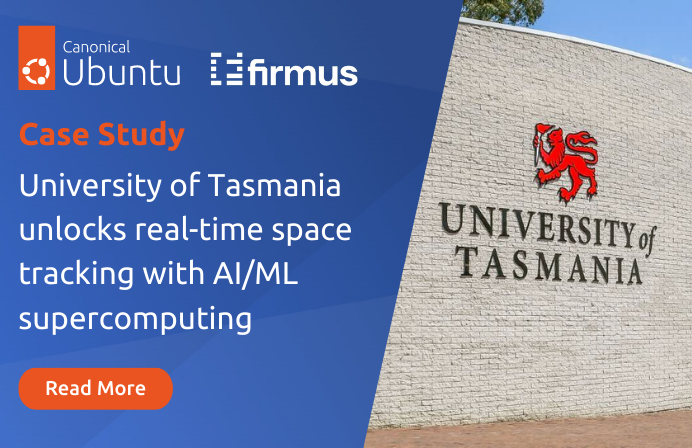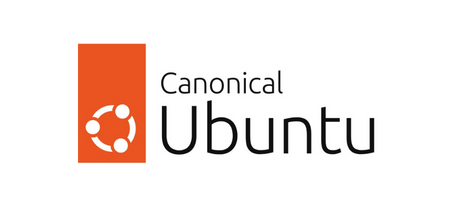
Sponsored By

Spacecraft, satellites, and debris – all objects in orbit around Earth or on planetary missions must be tracked.
The University of Tasmania (UTAS) is among the leading providers of space tracking in the southern hemisphere. Still, traditional CPU-based data processing had led to a bottleneck that prevented comprehensive, real-time object monitoring. To address this challenge, the university migrated its space-tracking software to Supercloud – a cost-effective and highly sustainable supercomputing platform built using Charmed OpenStack and Charmed Kubernetes to support the most data-intensive AI/ML workloads with the help of Canonical and Firmus.
Read the case study to learn how:
- Tasmania University, with the help of Canonical and Firmus has eliminated the data processing bottleneck, unlocking real-time, multi-object identification and monitoring.
- Supercloud will empower UTAS to pursue additional AI/ML initiatives
- UTAS is planning its MLOps tooling to simplify AI/ ML workflows through automation and reproducibility.
Fill in your details to download the whitepaper
